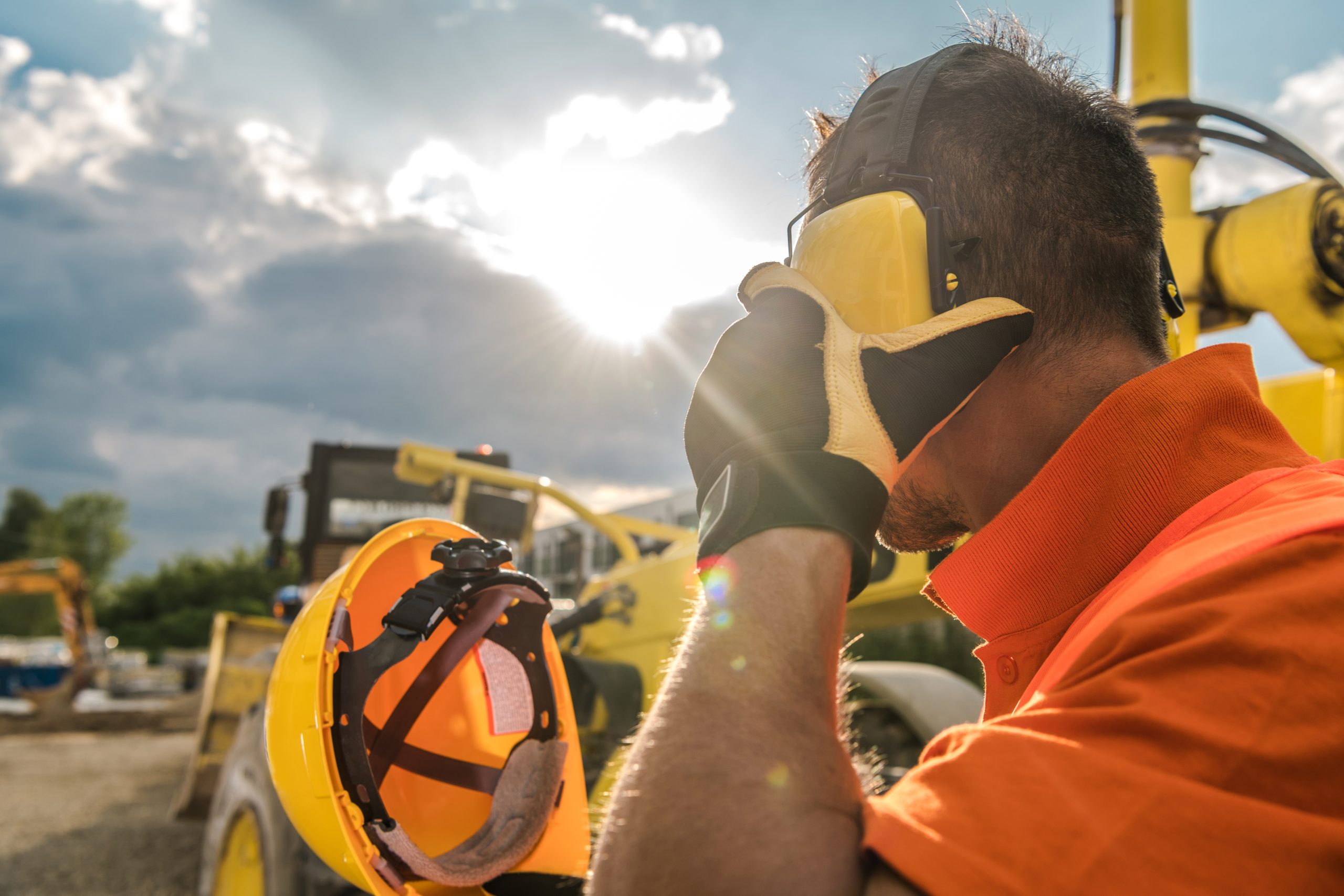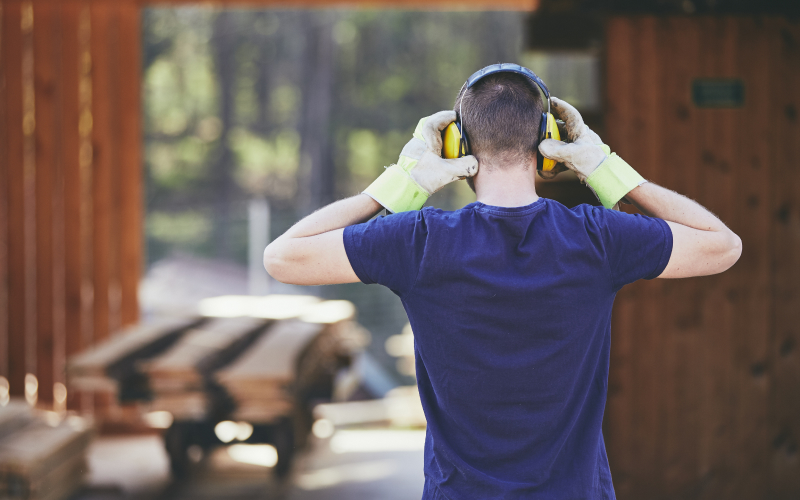Your sense of hearing is a treasure – protect it like you would your most valuable possession because an estimated 42% of Canadians aged 17-79 have been exposed to hazardous workplace noise exposure.*

Safeguarding One of Your Most Precious Senses
Hearing is an invaluable sense that connects us to the world around us. It enables us to engage in conversations, enjoy music, listen to our favourite television shows, and so much more in our daily lives. However, in today’s noisy world, it’s crucial to take proactive steps to protect your hearing and preserve this precious sense for a lifetime.
Understanding the Importance of Hearing Protection
Your sense of hearing is a delicate and intricate system. It consists of tiny hair cells in the inner ear that convert sound vibrations into electrical signals, which are then sent to the brain for processing. Unfortunately, once these hair cells are damaged or destroyed, they cannot regenerate. This makes protecting your hearing vital to maintaining auditory health.
Want to learn more about the fascinating anatomy of the ear?
Recognizing the Risks
Numerous factors in our modern environment can pose a threat to your hearing. Identifying potential risks and understanding how to mitigate them is essential. Common sources of noise-induced hearing loss include:
Loud Workplaces
Jobs in construction, farming, manufacturing, or the music industry often expose workers to hazardous noise levels. Employers should provide hearing protection, and employees must use it.
Personal Listening Devices
Listening to music or podcasts through headphones or earbuds at high volumes can damage your hearing over time. Be mindful of volume levels and take breaks to rest your ears.
Recreational Activities
Activities like attending concerts, using power tools, using firearms, or engines such as motorcycles, all terrain vehicles and snowmobiles can subject you to loud noise. Always use protective gear – we recommend visiting our custom earplug page to see the options available to you.
Household Noise
Household appliances, such as lawnmowers, blenders, and power tools, can be surprisingly loud. Use ear protection when using these devices.

Essential Hearing Protection Strategies
Now that you’re aware of potential risks, let’s explore practical strategies to safeguard your hearing:
- Use Hearing Protection: Always equip yourself with suitable hearing protection when exposed to loud environments. Discover the range of custom-made options tailored to your needs to identify the perfect solution.
- Keep Your Distance: If you find yourself near a loud noise source, try to maintain a safe distance. This can significantly reduce the intensity of the sound reaching your ears.
- Limit Volume: When using personal listening devices like headphones or earbuds, keep the volume at a moderate level. As a rule, if someone nearby can hear your music, it’s too loud.
- Take Breaks: If you’re in a noisy environment for an extended period, take short breaks in quieter areas to allow your ears to rest. If you’ve just cut the lawn, avoid using power tools shortly after.
- Regular Hearing Checkups: Schedule regular hearing checkups with a hearing healthcare professional, especially if you’re exposed to loud noises regularly. Early detection of hearing issues can lead to more effective interventions.
- Educate Yourself: Understand the noise levels associated with common activities and devices. This knowledge will help you make informed decisions about protecting your hearing.
* Feder, K., Michaud, D., McNamee, J., Fitzpatrick, E., Davies, H. and Leroux, T. 2017.Prevalence of Hazardous Occupational Noise Exposure, Hearing Loss, and Hearing Protection Usage Among a Representative Sample of Working Canadians. J Occup Environ Med. 2017 Jan; 59(1): 92–113.



